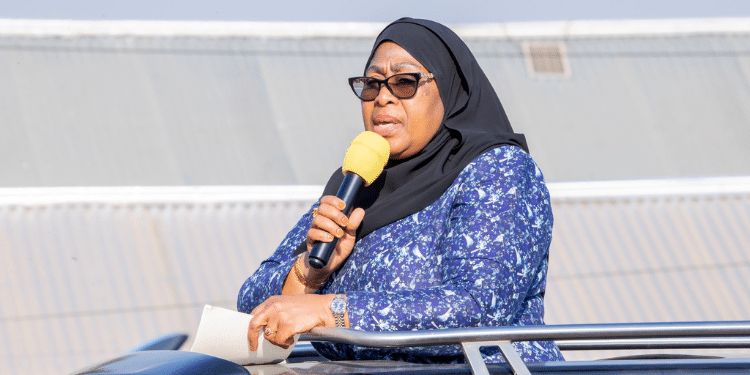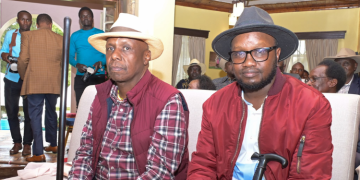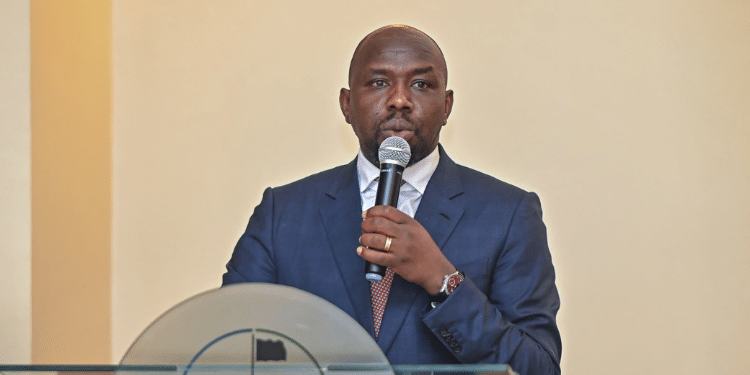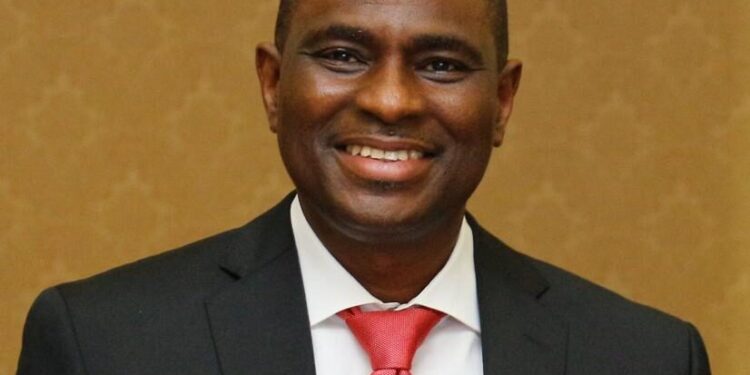Government and business leaders from across the world convened in Dubai in the United Arab Emirates, between 30 November and 12 December, for COP28 to review progress on the 2015 Paris Agreement on tackling climate change.
I am proud to be part of the part of the African Business Leaders Coalition (ABLC), a partnership of CEOs dedicated to advancing sustainable growth, prosperity and development across the African continent.
Notably, leaders at COP28, will stress the importance of an enabling policy environment for sustainable development and climate action in partnership with Africa’s private sector.
Our commitment goes beyond corporate pledges; it represents a collective determination to fulfil the climate commitments of African businesses.
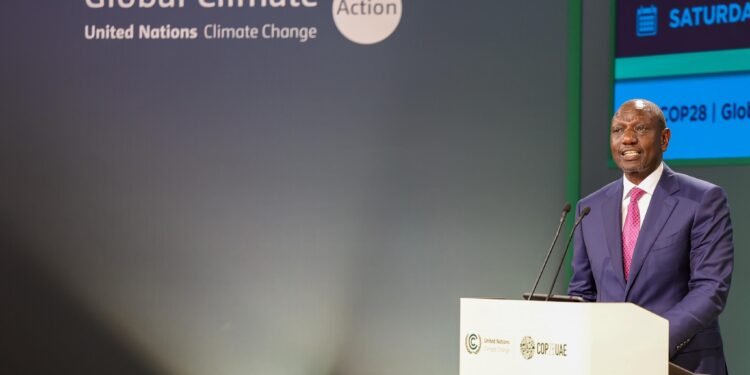
COP28: How to Achieve Paris Agreement Goals
I strongly believe that progress on our continent towards the Paris Agreement goals can be achieved only through a solid public-private partnership, undertaken in an environment of settled rules and incentives.
We are long past the days when it was assumed desirable outcomes could be achieved with the stroke of a minister’s pen, just as we abandoned the idea that businesses alone can magically conjure into existence the public goods and services that we all seek.
Also Read: Ruto Flies to UAE to Push for Africa Agenda at COP28
Also, as a representative of the ABLC, I urge African businesses and governments to come together to collaborate and to focus on the future. The progress, prosperity and sustainability of our beloved continent depends upon it. Serving fourteen markets across sub-Saharan Africa, Airtel Africa is acutely aware of the challenges faced by communities across the region – including the severe impact of climate change. In the absence of meaningful and rapid action, our customers, employees and communities will suffer some of the most serious consequences.
Airtel Africa Contribution
At Airtel Africa, we are working relentlessly to reduce the carbon emissions from our business – throughout our operations and across our supply chain. We have committed to reducing our Scope 1 emissions (those generated by our own processes) and Scope 2 emissions (generated by bought-in energy) by 62% from the 2022 baseline by 2032, with net zero absolute emissions by 2050. This is to be achieved by improved energy efficiency, the deployment of renewable energy, and sustainable, efficient growth.
In addition, we are engaged in programs that foster environmental stewardship. ‘Project Green,’ introduced in 2022, is a cornerstone of our environmental impact reduction strategy. This initiative emphasizes circular economy practices, especially in the responsible replacement of end-of-life equipment to minimize potential adverse environmental impacts.
Also Read: Kenya to Engage Private Sector to Address Climate Crisis
In March 2023, we joined the multi-stakeholder partnership to eliminate open waste burning from Africa. This collaborative effort with local authorities, private companies, community groups, civil society and development partners targets a 60% reduction by 2030 and complete elimination of open waste burning by 2040. This requires a fundamental shift in public behavior, effective policy frameworks and the rollout of sustainable infrastructure for waste management.
ABLC Strategic Plan
Collaboration is the key to combatting climate change and unlocking the immense potential our continent holds.
Additionally, at COP28, the ABLC will impress three major strategic imperatives on those present.
The first is for governments to create the regulatory environment that will drive collaborative climate action.
The second is for us all to accept the challenge of establishing decarbonisation targets and projects in areas where Africa can really benefit, such as green minerals and climate adaptation programmes. Finally, it will call for an increase in, and in access to, climate financing.
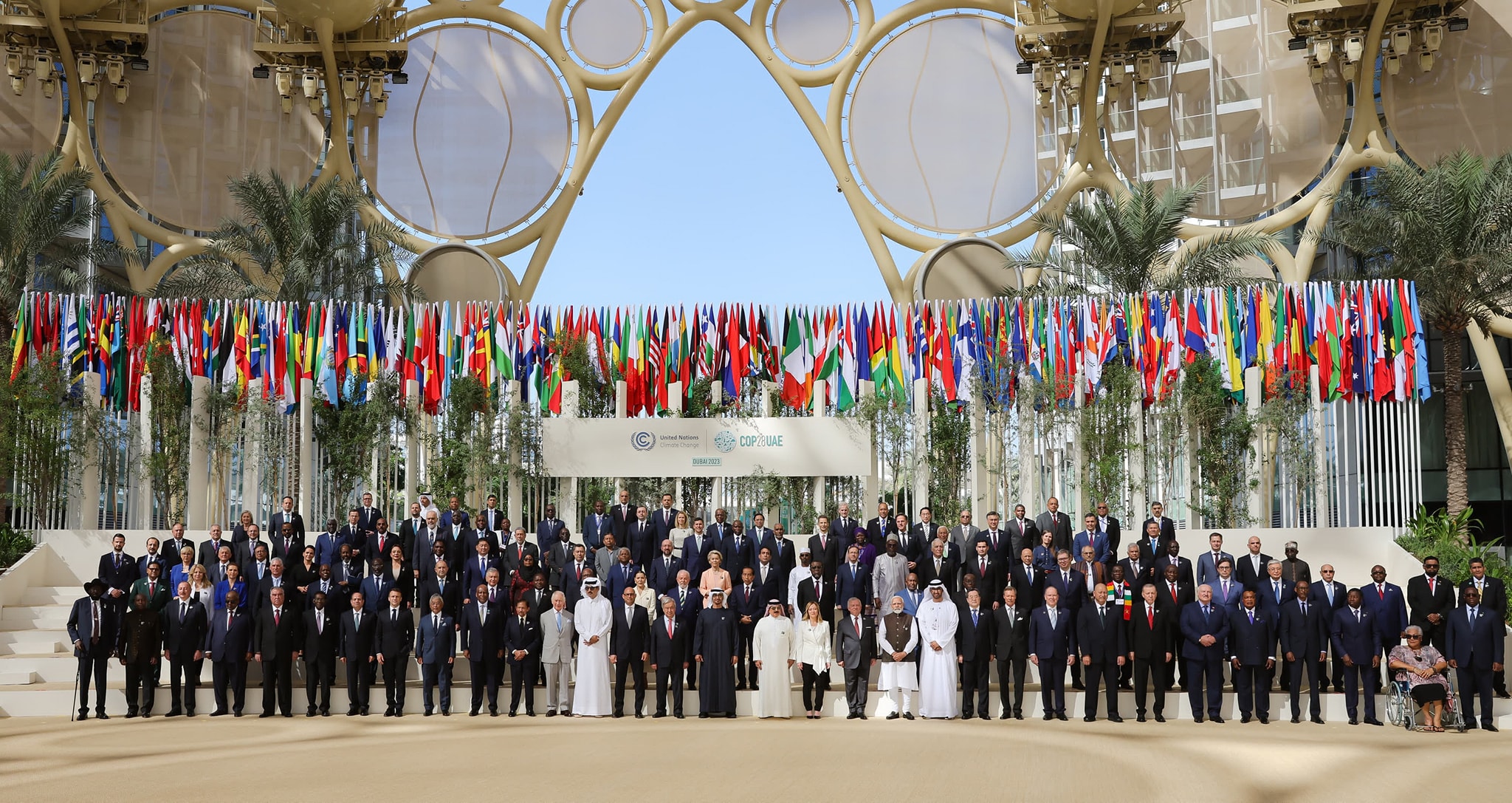
Collaborations
Additionally, governments, regulatory bodies and development partners must play a pivotal role in creating an enabling environment that facilitates increased access to climate finance and clean technology. Airtel Africa’s corporate purpose, our driving force, is to ‘transform lives’ – and I would urge others to join us on this journey.
Notably, public-private co-operation is more critical than ever in turbo-charging climate action on the continent – in catalyzing innovative solutions, channeling resources, and leveraging expertise for a more sustainable world.
COP 28 has been described as a global Stock-take of progress so far towards the Paris climate goals, the results of which will be used to produce a rapid-response plan to drive further progress. Now is the time for African businesses, including Airtel Africa, to step up and demonstrate our collective determination to fulfil our climate commitments of African businesses.
The writer, Segun Ogunsanya, is Group Chief Executive, Airtel Africa


